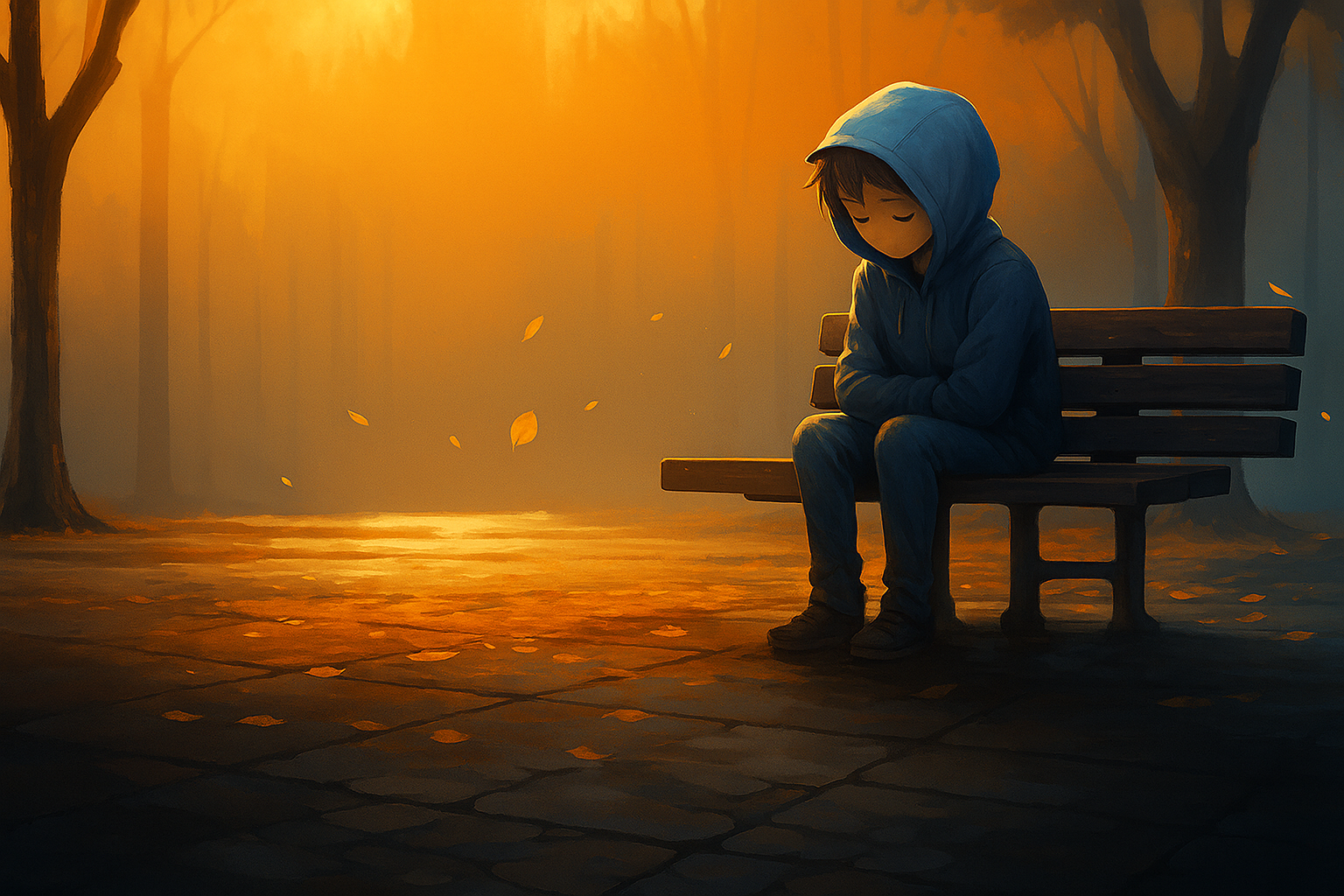I have done a complete turnaround of my way of thinking over the past couple of months. I have spent most of my life in a village where everybody knew me, hugging was easy and food appeared at the table without being ordered. I then shifted to Nairobi and in an instant; I became the strange person to people who had known and communicated with me all along. They would say, one day, at least visit and see where I am living. Give me a call when you get to Nairobi. I had kept those promises in memory to remind me that I still belonged to the family. I live in them now (five months later) but I can somehow feel detached. The never-ending, Hey, I have a busy week this week, or Let us just have coffee later on this month, has made me a contemplator rather than an enraged person. Personal bummer with a flip, it is now a rather intensive observation of how relationships nowadays look like, what are our expectations towards them and how lonely the city living can make us strange. In this article, I am going to share my journey.
The Expectation of Connection
I relocated to the city with the hope that things will improve. I believed that my reality would be ignited and translate to more contented and common interaction with friends and family. The neighbourhood in African society gives emotions when it comes to African communities in the rural areas. Being present means being accessible; being accessible implies being concerned. My moving into the city seemed to me to work as a conciliatory movement filling in the emotional distances constructed by topographical space.
People had been telling me all the time: When you arrive in Nairobi, I am one phone call away. The words spoken by them were serious, or so I thought. But, upon my actually making the move there was no welcome given as I expected. There was silence I did not expect to be so loud. Phone calls were never picked up. No invitations were proposed. My expectation was to have a bonding season and what I got was a revelation of another kind: physical proximity does not equate to emotional intimacy.
Jean-Jacques Rousseau has stated that progress to society made man alien to his natural affections (Rousseau, 2002). The characters in the city appear more reserved, unavailable emotionally, and devoted to practical relations. The Rousseauian concept of the human savage, who was not spoiled by the society, appeared to be more relevant to the life at my village, as the relations were more organic there, pure. The city, in comparison, is an environment of strategic availability where individuals determine to be available by convenience and at a calculated profit.
Reality of City Life
The life in the city has its pace and I have come to appreciate it. It is a land where people are always on deadlines, in traffic, expectations, and survival. Some of my brothers and sisters say, “My weekend is filled with work meeting” or “I will call back later.” I do not read these statements as I did before with disappointment. I am aware of the fact that the city necessitates a very high level of self-preservation and personal growth.
The city environment promotes what Martin Buber, the philosopher, referred to the I-It relationship among people- where others are not soul to be interacted with but as objects or functions (Buber, 2004). People do not relate to you as someone, but as a contact, task or obligation. I-Thou contact, that is, emotionally open, profound relationships, are not likely to take place in a climate like that. At the village, I was living in a society. I live in a system in the city.
In Absurd, Albert Camus, also takes us back to the memory that people would seek a sense that is not found in the coldness of the universe (Camus, 1991). My relatives have not said anything, and it does not prove that they are less tender or less human; it is just that life is absurd in many ways. We exist with some emotional expectations that never got fulfilled. The city does not endorse emotional investments with emotional pay-offs.
Asymmetry of Effort
Painful, of course, was the inequality of effort. I was reaching out repeatedly. I suggested that I can visit. I prepared myself with some groceries, which I love the most. Two of my people have been able to see around my place of residence- my elder sisters. I have also encountered a friend. From college. Those who seem quite excited have made me have some hope. The rest however have been distant.
Aristotle divided all the types of the friendships into three classes: friendships of utility, pleasure and virtue (Aristotle, 2009). Most relationships can be included under utility or pleasure and as long as there is functionality then it is maintained. There are hardly any relationships where both parties admire and develop (virtue). The first two are more created in city life, maybe necessarily, and the third a little less so. Individuals are attracted to relationships that will carry them along. The resulting outcome is that relations that are not perceived to be useful are forgotten.
I also found out the hard way that people cannot be made to care through guilt. There should be emotional investment between the two. Parties should have gardens in the relationships. When people water the garden a little, that effort nourishes and exposes their work hard.
The Weekend That Wasn’t
Several weeks after I had moved to Nairobi, I phoned one of my cousins who used to invite me to come and see him quite often. I said to him: “I am in the city now bro.” Affectionately, he replied, “Ah, finally here we go! Welcome to the city my G. Let us hook up this weekend.” I purchased some groceries to carry as a show of goodwill. Friday evening rolled in and I checked. No response. Again on Saturday morning I phoned. I texted him and a few moments later, he responded that he got something up urgently at work. “I am sorry bro, let us see next week,” he added. That week did not turn up. The latter did not either. The perishable groceries spoiled. Sitting on my little balcony, gazing at the city lights, I said to myself: Do not expect a person to give you precedence, when you are only optional in his or her life.
Maturity in Perspective
I do not tell about these reflections in an attempt to elicit sympathy. Instead, they are a reflection of any person who has ever experienced the muffled pain of being around people you used to consider caring but who do not give any sign to that effect. I have matured in my way of thinking over time.
The Subtle Art of Not Giving a F*ck written by Mark Manson advises a reader to save on emotional energy and care discreetly (Manson, 2016). I currently put that into practice. I ceased taking the initiative. I am no more expecting. I am not saying this with a bitter tone, but with balance. Individuals do not have to do so, regardless of how gracious their propositions used to be. In addition, I do not need to continue trying when the silence is too persistent.
Marcus Aurelius says to us that, you have control over your mind not external events. And once you realize this, you will have strength (Aurelius, 2006). Using this stoic pose, I changed my definition of connection. I pay attention to these, rather than those whom pretend to do so.
Lesson
The experience has taught me a lot of lessons:
- They do not always mean hostility with silence. In some instances, humans are mere survivors.
- Being close does not make a person the next in line. Closeness when it comes to distance does not guarantee superiority when it comes to the emotional scale.
- Reciprocity matters. There must be flow of love, time and energy.
- Healthy boundaries on emotions are sound. It is not selfish to pull out of one-sided relationships.
In Thus Spoke Zarathustra, Nietzsche speaks of self-overcoming: the concept of expanding beyond our injuries (Nietzsche, 2006). I am discovering that strength is in releasing our concept of who people should be to what people have proven themselves to be.
In one of his articles, Kahlil Gibran said, Let there be spaces in your togetherness (Gibran, 2002). In some instances, space is the love. At times there is an answer to silence. You will not always be walking with everybody. Some however will keep you company. And that is enough.
Call to Action
Do you feel deserted and pushed away by people who once vowed to keep you warm? Are you resident in the city, where you live all alone in the weird stillness of nearness? I would be glad to get your ideas. Write us a comment down below this story. You comment may help someone find some clarity.
“The most painful goodbyes are the ones never said and never explained.” — Jonathan Harnisch
References
Aristotle. (2009). Nicomachean ethics (W.D. Ross, Trans.). Oxford University Press.
Aurelius, M. (2006). Meditations (G. Hays, Trans.). Modern Library.
Buber, M. (2004). I and Thou (R.G. Smith, Trans.). Continuum.
Camus, A. (1991). The myth of Sisyphus (J. O’Brien, Trans.). Vintage.
Gibran, K. (2002). The Prophet. Alfred A. Knopf.
Manson, M. (2016). The subtle art of not giving a fck: A counterintuitive approach to living a good life*. HarperOne.
Nietzsche, F. (2006). Thus spoke Zarathustra (A. Del Caro, Trans.). Cambridge University Press.
Rousseau, J. J. (2002). The social contract and the first and second discourses (S. Dunn, Trans.). Yale University Press.
Sartre, J. P. (2007). Existentialism is a humanism (C. Macomber, Trans.). Yale University Press.
Tuan, Y. (2001). Space and place: The perspective of experience. University of Minnesota Press.




